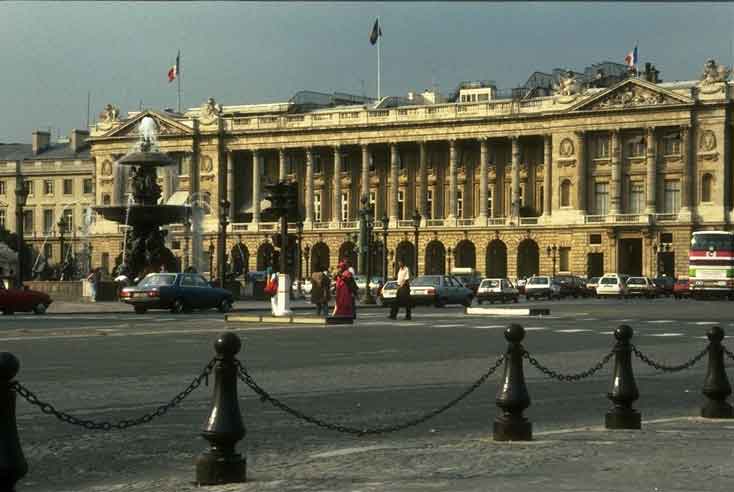1962 French Veto British Membership in Common Market
The French vetoed the British bid to join the Common Market. The reason given by French President DeGaulle was Britain's lower food prices and cash subsidies to farmers.
In 1963, the United Kingdom applied for membership in the European Economic Community (EEC), commonly known as the Common Market. The EEC was established in 1957 by the Treaty of Rome and aimed to foster economic integration among its member states by creating a single market with free movement of goods, services, capital, and people. The founding members of the EEC were France, West Germany, Italy, Belgium, the Netherlands, and Luxembourg.
Despite the UK's desire to join the EEC, their application was met with strong opposition, particularly from France. The French veto of Great Britain's entry into the Common Market had profound implications for the UK's relationship with continental Europe and revealed the underlying political motivations and concerns that influenced the decision.
Reasons Behind the French Veto
Several reasons underpinned France's decision to veto the UK's application to join the EEC in 1963. Key among these were the following:
-
French President Charles de Gaulle's distrust of the UK: De Gaulle harbored deep suspicions regarding British intentions and commitment to European integration. He believed that the UK's close relationship with the United States would compromise the independence and unity of the EEC. De Gaulle viewed Britain as a Trojan horse for American influence, which he thought could undermine the EEC's core objectives and the political sovereignty of its member states.
-
Economic concerns: France worried that British membership would disrupt the Common Agricultural Policy (CAP), a crucial element of the EEC that provided subsidies to farmers and aimed to stabilize agricultural markets. The UK's agricultural sector was less significant to its economy compared to France, and British policymakers sought to reform the CAP. French leaders feared that the UK's entry would weaken the CAP, thereby harming the interests of French farmers.
-
Franco-German alliance: De Gaulle placed great importance on the alliance between France and West Germany, which he saw as the driving force behind European integration. He worried that the inclusion of the UK would diminish the centrality of this relationship and shift the balance of power within the EEC, potentially marginalizing France's influence.
-
Britain's alternative economic alliances: Before applying for EEC membership, the UK had established the European Free Trade Association (EFTA) in 1960. The EFTA was seen as a rival to the EEC, and French leaders feared that the UK would attempt to merge the two organizations, diluting the EEC's political and economic objectives.
Political Implications of the Veto
The French veto of Great Britain's entry into the Common Market had significant political implications. The rejection was seen as a major diplomatic setback for the UK, which had hoped to strengthen its ties with continental Europe and secure its position as a leading player in European affairs. The veto further strained Anglo-French relations and exposed the deep-rooted distrust between the two nations.
In response to the French veto, the UK intensified its efforts to expand the EFTA and strengthen its bilateral ties with other European countries. However, the UK's exclusion from the EEC left it economically and politically isolated from the growing process of European integration.
 >
>